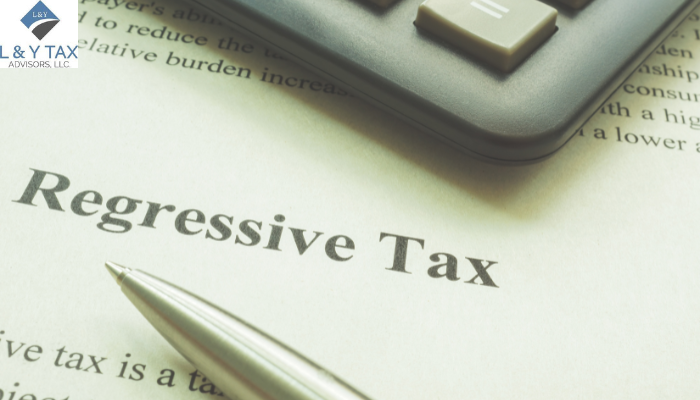
Who is Required to File a Wealth Statement?
In the field of personal finance and taxation, there are several tasks that you must accomplish to comply with the law. One such requirement, frequently neglected or misinterpreted, is the submission of a wealth declaration. But who is required to file a wealth statement, and what does it include?
Define the Wealth Statement
Before going into who must file a wealth statement, our best tax consultant Houston helps you comprehend its fundamental concept.
A wealth statement is a document that summarizes your assets, obligations, and net worth. It is usually presented along with the yearly tax return. It serves as a way for tax authorities to examine your financial condition and guarantee correct tax reporting.
Legal Obligations
The duty to file a wealth declaration varies by jurisdiction. In many countries, satisfying specific qualifications compels law to submit this declaration to the appropriate tax authority. These criteria frequently include things like:
- Income level
- Asset ownership
- Residence status
Income Level
Income level is a typical factor in determining the necessity to file a wealth declaration. Certain countries need your income over a specific level to reveal your assets and liabilities via a wealth statement. The government generally establishes this level and may vary depending on marital and filing status.
Asset Ownership
Ownership of certain assets may also trigger the obligation to file a wealth statement. Assets such as real estate, investments, automobiles, and expensive personal items may be subject to disclosure obligations if their value exceeds a certain level. It ensures that you cannot conceal assets to evade taxation.
Residency Status
Residency status is another crucial factor determining the obligation to file a wealth statement. In many countries, you (residents) must report your income and assets to tax authorities, regardless of where they are located.
Non-residents, on the other hand, may have different filing requirements. These are usually limited to income and assets derived from within the country.
Penalties for Non-compliance
Failure to comply with the need to file a wealth declaration may result in severe fines. Fines, interest charges, and even criminal prosecution are possible consequences for intentional evasion.
As a result, personnel must understand their responsibilities and provide timely and accurate reporting.
The Bottom Line
Comprehending, ‘Who is required to file a wealth statement?’ is integral to tax compliance for many individuals. Our tax advisor services help you prevent the potential consequences. It is crucial to become acquainted with the factors that trigger this requirement and to adhere to them rigorously. Individuals who understand who must file a wealth declaration and why guarantee that they complete their legal requirements while maintaining financial openness.
Read More:
list three things you should look for when hiring a tax professional.


